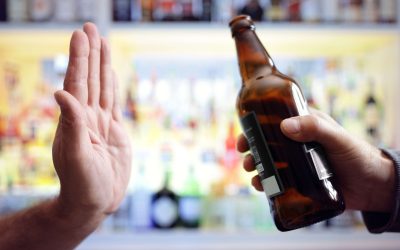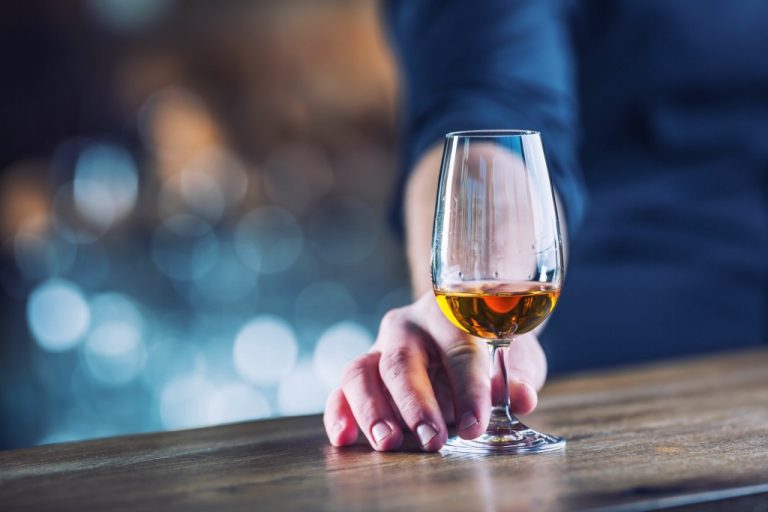Is There a Best or Worst Alcohol To Drink if You Have High Blood Pressure?

There’s a lot you can do to bring down your BP if you’re concerned about your numbers. If you drink, taking a look at your alcohol intake is a good place to start. “It’s about the absolute amount of total ethanol intake, and even small amounts of alcohol can be cardiotoxic for individual patients,” she says. When alcohol affects blood pressure alcohol, you may notice changes in your mm Hg (millimeters of mercury) readings, especially in the top number (systolic pressure). The Atherosclerosis and Vascular Remodelling Group is researching the cellular and molecular mechanisms behind atherosclerosis to help prevent and treat cardiovascular disease. By preventing and even reversing vascular disease, this research will help prevent heart attack and stroke.
The Last Word: Is Alcohol Use at Any Level Actually Healthy?
“Your skin has had a month to absorb all the hydration and nutrients and B vitamins that your body hadn’t been getting while you were drinking, so this is when you’ll see noticeable improvements to your skin,” says Dr. Mosquera. There’s also likely to be some weight loss within a month, due to the absence of the calories you were ingesting in alcohol (as long as you haven’t swapped them for equally high-calorie comfort foods). Ironically, some of the first things you might notice are similar to what happens to your body when you’re drinking.
Maufrais 2017 published data only

The mean period of time from their last does alcohol cause high blood pressure drink to when the ambulatory ECG monitor was removed was 18 (10) hours (range 4–42 hours). The amount of alcohol that the subjects consumed during their last drinking session before removal of the ECG monitor was 52 (32) g (range 0–140 g). Total power was measured up to 0.500 Hz and the division between high and low frequency power was 0.150 Hz. Estimates of heart rate variability during sleep were calculated from the data recorded from 10 pm to 6 am, while awake estimates were calculated from the remainder of the day. Statistical analysis was performed using the Statistica 5.5 software package.
3. Analysis.
- Increased autophagy as a possible mechanism underlying the adverse myocardial effects of ethanol is intriguing.
- We used GRADEpro software to construct a ‘Summary of findings’ table to compare outcomes including change in SBP and DBP and HR (GRADEpro 2014).
- In one study, abstinence from alcohol reduced arrhythmia recurrences in regular drinkers diagnosed with A-fib.
- For example, certain levels of alcohol consumption that lower risk for CHD may increase it for other CV conditions, such as stroke.
We used GRADEpro software to construct a ‘Summary of findings’ table to compare outcomes including change in SBP and DBP and HR (GRADEpro 2014). In addition, we included illustrative risks to present findings for the most important outcome (change in systolic blood pressure). For the other domains, we grouped outcomes together Sober living house and provided only one judgement.
Health News

Scientists and researchers have been conducting studies for years on what alcohol withdrawal can and cannot do to the body. It’s important to educate yourself to know what your needs are going into alcohol addiction treatment. Alcohol can temporarily increase your heart rate, and it doesn’t take much for it to happen. Just one drink was found to raise a person’s heart rate by an average of five beats per minute over a six-hour period, per the Cochrane review. “There is an elevated risk not only of increased heart rate, but of an irregular heart rhythm, including conditions like atrial fibrillation,” says Dr. Desai. Ultimately, if you value your cardiovascular well-being, consider how alcohol fits into your broader health picture.
Does Drinking Alcohol Raise Your Blood Pressure?
Rosito 1999 tested the effects of 15 g, 30 g, and 60 g of alcohol on 40 young medical students. The decrease in SBP was greater with 30 g of alcohol seven hours after consumption compared to placebo and 15 g and 60 g alcohol‐consuming groups. In this study, alcohol had no significant effect on DBP in the four groups. To determine short‐term dose‐related effects of alcohol versus placebo on systolic blood pressure and diastolic blood pressure in healthy and hypertensive adults over 18 years of age. You should never consider wine or any other alcohol as a way to lower your heart disease https://ecosoberhouse.com/ risk.